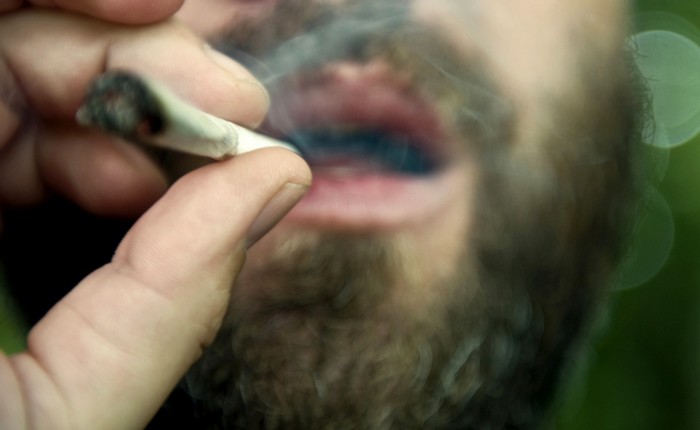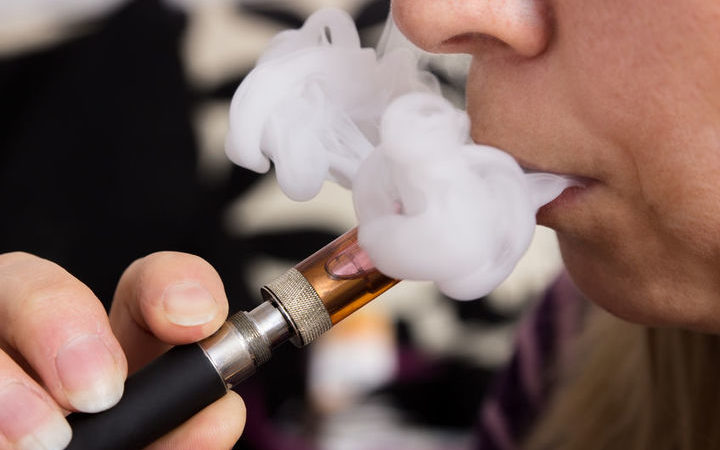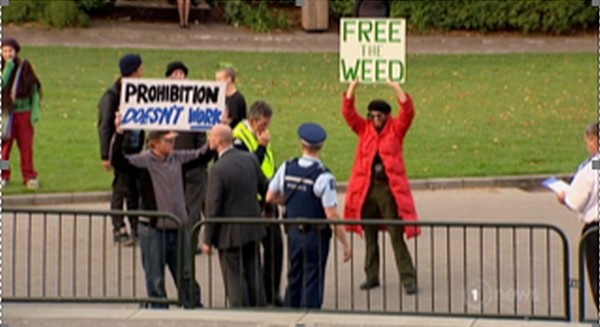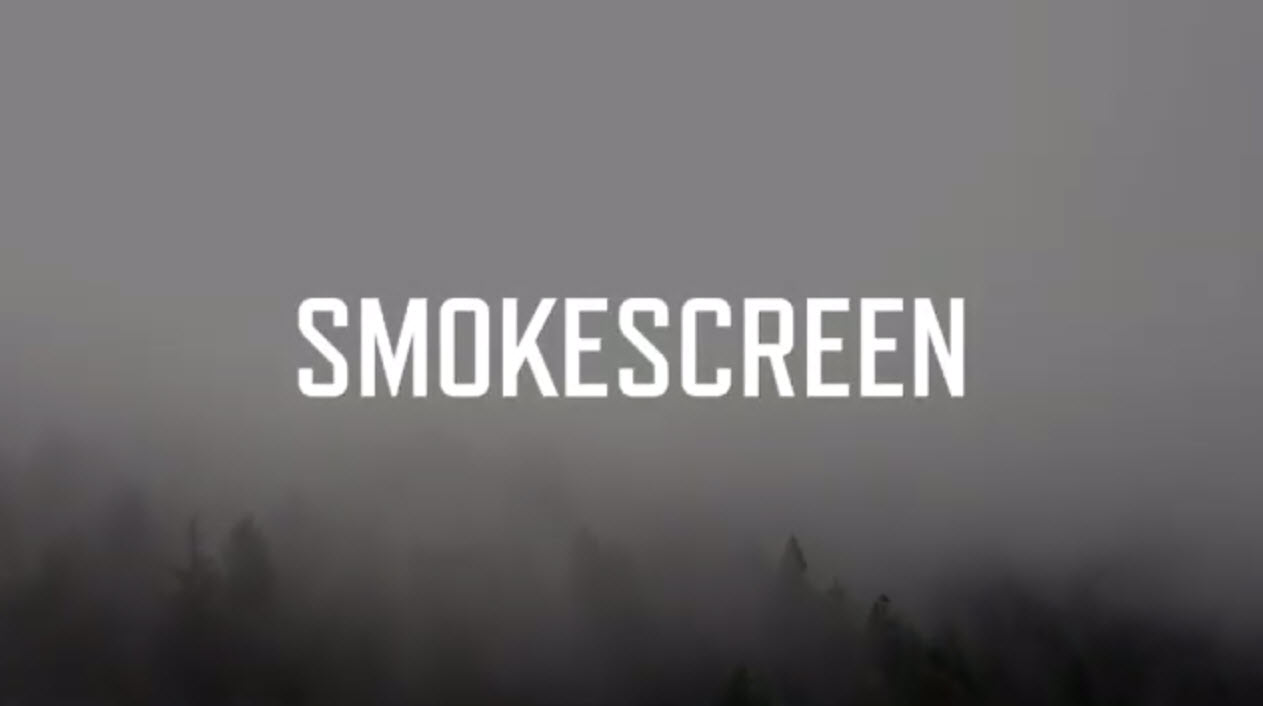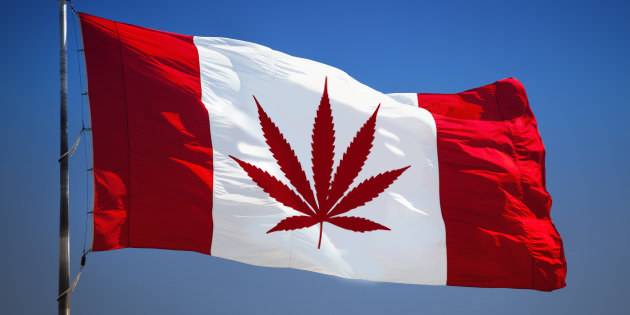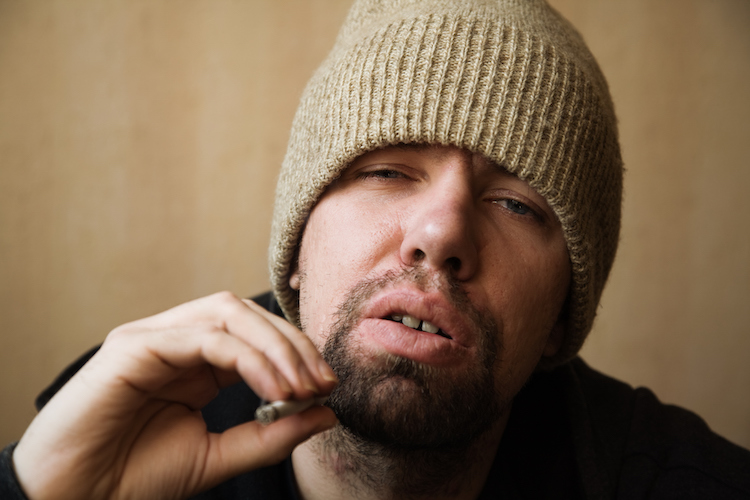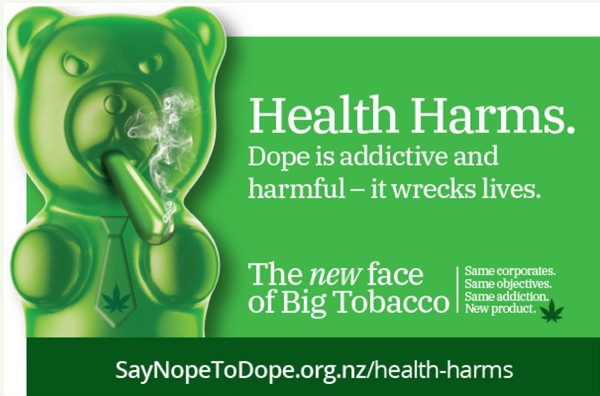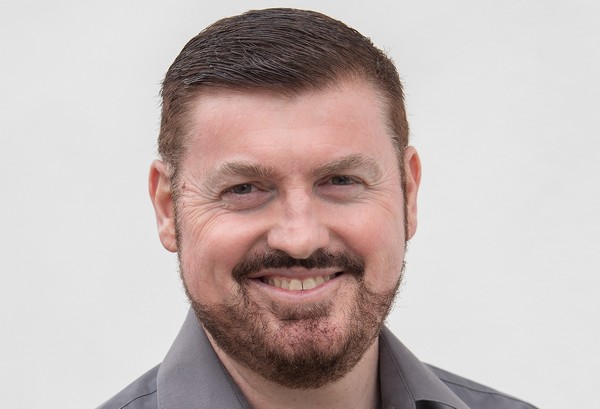
Media Release 3 June 2020
Aaron Ironside is the new spokesperson for the Say Nope To Dope campaign.
Aaron Ironside rose to prominence in the 1990’s as the anchor of Radio Hauraki’s popular Morning Pirates breakfast show. The young rock DJ fully embraced the Sex, Drugs and Rock n Roll lifestyle that accompanied his new-found fame. Aaron quickly turned his occasional marijuana use into a daily habit that consumed his life. In time, he realised that his drug addiction was now affecting his mental health, exacerbating his symptoms of anxiety and depression.
In 1998, Aaron quit the high-profile job and decided to deal with his drug problem. Once clean he began working in the Not-For-Profit sector, putting his Masters Degree in Psychology to work. In 2012 he started A.I. Counselling and Coaching helping hundreds of clients find freedom from many different types of addiction and substance abuse.
Aside from his personal experience with cannabis, Aaron has witnessed the devastation the drug causes to vulnerable families during his work with a community group in Manurewa. The systemic damage that addiction creates was clearly seen in the poverty, crime and mental health outcomes for the Maori and Pasifika families who engaged with the organisation.
Although himself drug-free for over 20 years, some extended family members continue to struggle with the grip Cannabis has over their lives. Aaron is passionate about protecting them from further harm, and helping New Zealand pursue programs and legislation that will benefit all sectors of society.
The Say Nope to Dope campaign is a group of concerned organisations and individuals who oppose any attempt to decriminalise or legalise marijuana. The group will be officially launched in the coming weeks.

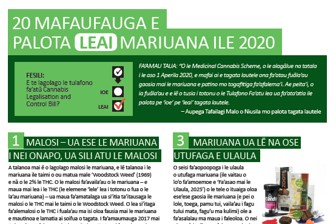

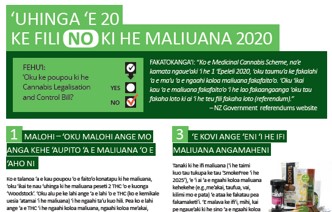
 To our Tongan supporters and friends:
To our Tongan supporters and friends: